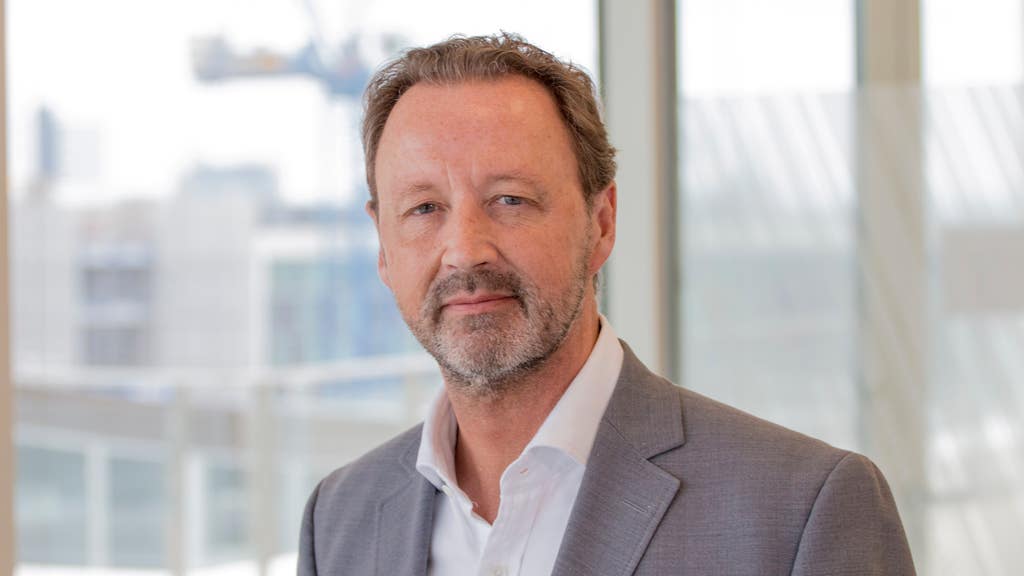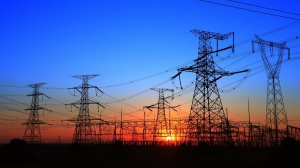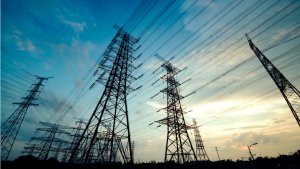Co-op Power said it calling on businesses to join the group in its first major recruitment drive since it was set up in 2003.
‘Businesses To Pay Millions For Electricity Not Used Since March’: Co-Op Boss
Co-op Power said it calling on businesses to join the group in its first major recruitment drive since it was set up in 2003.

Hundreds of business may be forced to pay millions of pounds for electricity they have not used since March due to being “blindsided” by energy usage agreements, the boss of the Co-op has warned.
Steve Murrells, chief executive of the group, made the comments as new data from the Co-op power energy buying group revealed it members could have paid more than £1 million for unused energy at closed sites, based on previous contracts with suppliers.
Mr Murrells said: “We know first-hand that the pandemic has put extra pressure on businesses.
“Whether that’s focusing on colleague wellbeing and job security, serving customers safely, supporting communities or just purely surviving.
“For many, this has meant unforeseen investments being needed just to remain in business.
“Being blindsided by unexpected costs from an energy provider at such a critical time could be the breaking of a business, putting our high streets and the communities they serve at further risk.”
Co-op Power, which is the largest co-operative energy buying group in the country, said it is calling on businesses to join the group in its first major recruitment drive since it was set up in 2003.
The energy co-operative sees its members, which have a collective buying power of £200 million a year, buy together for greater value and share electricity from 100% renewable sources.
The buying group uses a “no take no pay” policy to ensure its members have been able to avoid higher energy bills, paying only for the energy used over the period.
It also announced that David Roberts has been appointed as its new managing director, after working for the Co-op for more than 20 years, originally overseeing stores across the South.
“Take or Pay, also known as Volume Tolerances, are standard contractual clauses which live in the very small print,” Mr Roberts said.
“Also, the actual charges for unused energy are rarely made clear to the client as they receive their invoice.
“The costs might appear discreetly, be hidden within other charges or not be itemised out.
“So, a business could be paying for unused energy without even realising it.”
Thanks for signing up to Minutehack alerts.
Brilliant editorials heading your way soon.
Okay, Thanks!
